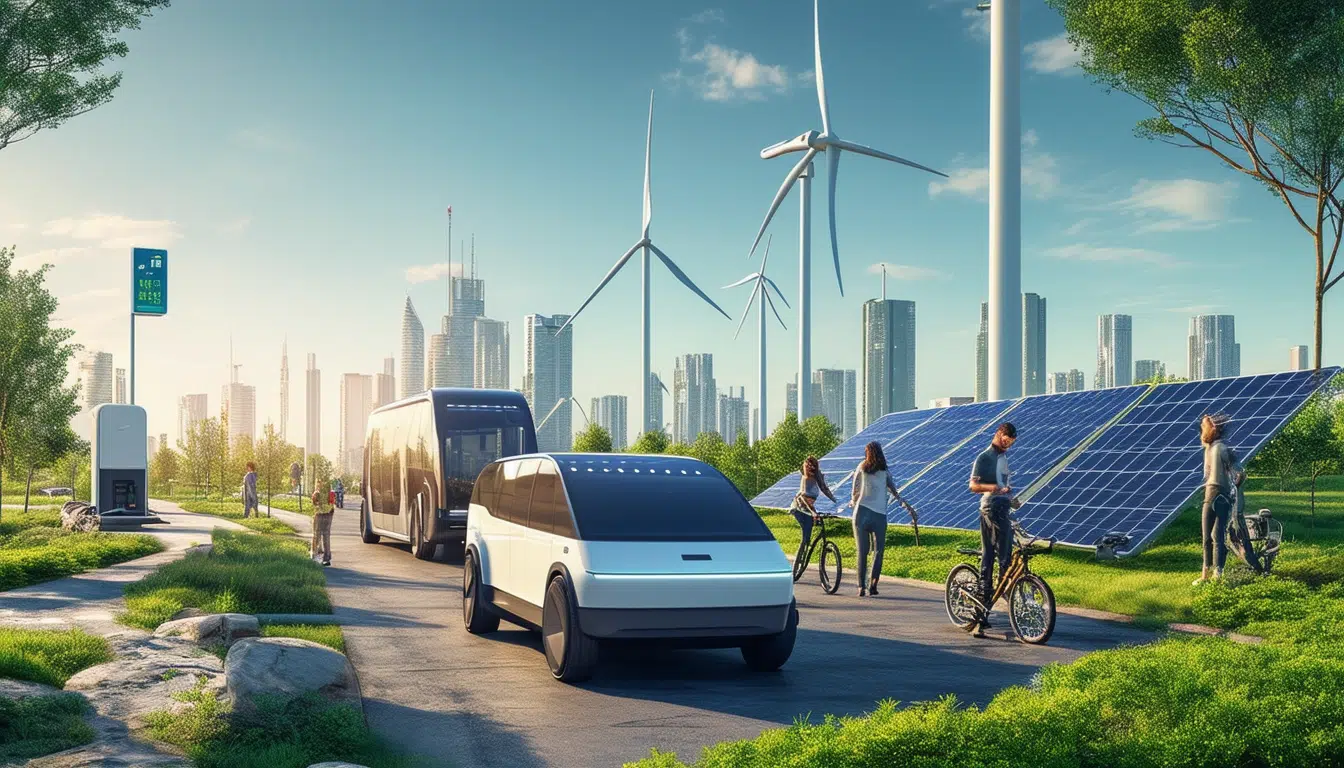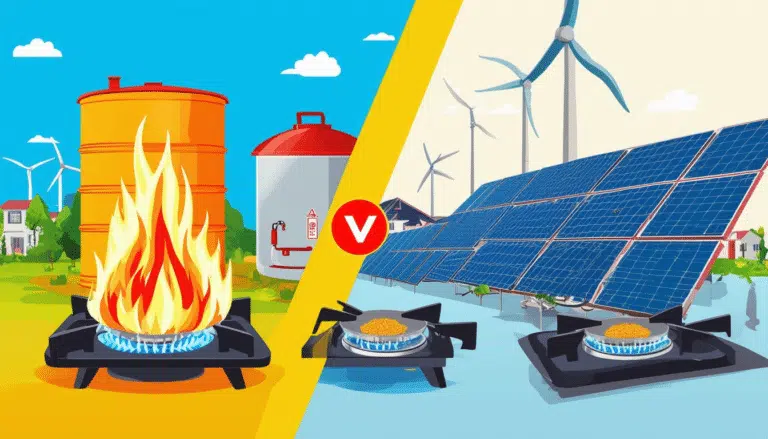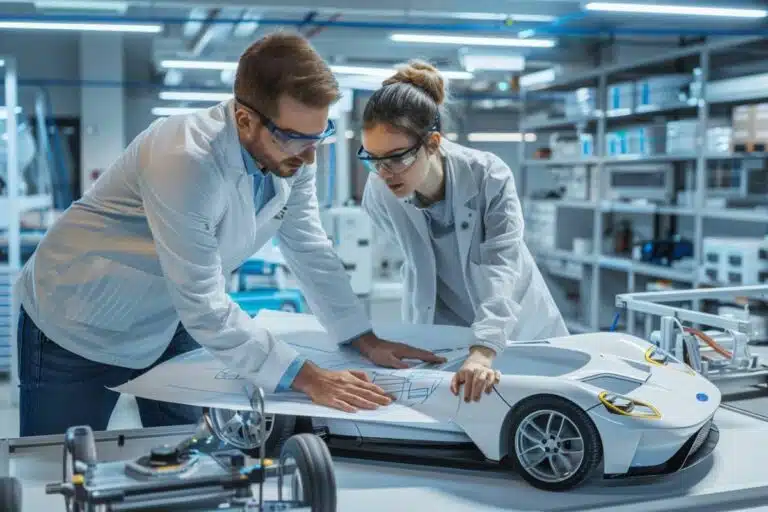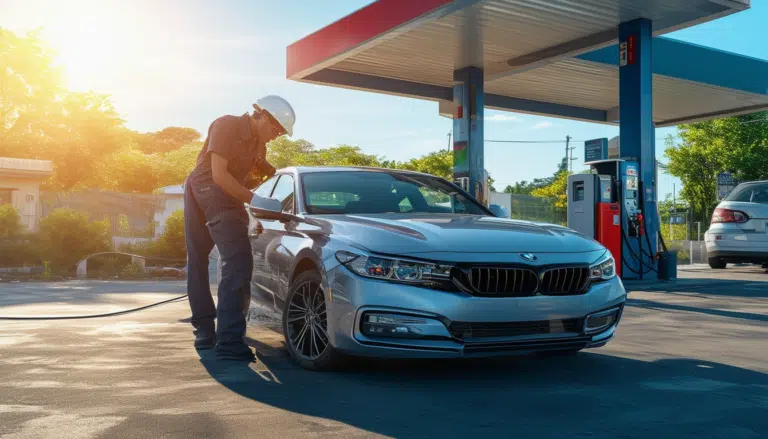Innovations in sustainable vehicles and their impact on fuel expenses

The innovations in sustainable vehicles are transforming the way we move, significantly contributing to the reduction of fuel expenditure and the decrease of environmental pollution. With the advancement of technologies such as electric vehicles and hybrid systems, notable improvements in energy efficiency have been achieved, allowing for a reduction in the consumption of fossil fuels. Furthermore, the development of more efficient batteries and alternative fuels is revolutionizing the automotive sector, offering cleaner and more cost-effective alternatives for everyday transportation.
The innovations in sustainable vehicles are transforming the automotive industry and presenting effective solutions to mitigate fuel expenditure. From the development of hybrid technology and electric vehicles to new approaches in the use of alternative fuels, these innovations aim not only to improve the efficiency of vehicles but also to contribute to environmental sustainability and reduce polluting emissions.
Advances in hybrid technology and electric vehicles
Hybrid and electric vehicles have proven effective in reducing gasoline expenditure. The combination of electric motors with combustion engines allows for a better management of energy consumption. These vehicles can decrease their fuel consumption by up to 25%, thereby contributing to the reduction of CO2 emissions.
Battery efficiency and its impact on consumption
The evolution in battery technology has significantly increased the range and efficiency of electric vehicles. Thanks to new materials and designs, electric vehicles can now travel greater distances on a single charge, significantly reducing the need to refuel.
Sustainability through alternative fuels
The use of biofuels, hydrogen, and other alternative fuels is becoming widespread as a way to increase energy efficiency. These fuels have the potential to offer a cleaner option and are often less expensive compared to traditional fossil fuels. Their implementation in vehicles can contribute to the reduction of fuel expenditure and improve air quality in cities.
The role of sustainable mobility
Adopting a sustainable mobility approach involves not only implementing clean technologies but also promoting transportation alternatives that reduce fuel consumption. Initiatives such as carpooling and using public transport are strategic for decreasing dependence on private vehicle usage, resulting in lower collective fuel expenditure. To learn more about efficiency in public transport, you can consult this link.
Challenges and opportunities in the automotive industry
Despite advances, the automotive industry faces significant challenges, especially in the transition to fully electric vehicles. Investments in infrastructure and the development of technological solutions are essential to ensure wider adoption of these vehicles. Moreover, the industry must adapt to increasingly strict environmental regulations. A notable example is Volkswagen’s exit from combustion engines, as detailed in this article.
Sustainable practices in vehicle usage
Implementing sustainable practices in daily vehicle usage is crucial for maximizing fuel consumption efficiency. Tips for efficient driving, such as avoiding sudden accelerations and maintaining a constant speed, can make a significant difference in fuel performance. For more strategies, you can check this site.
The impact of the sharing economy on fuel savings
The sharing economy is gaining traction, offering new forms of mobility and significant fuel savings. Platforms that facilitate carpooling or vehicle rental help reduce the number of cars on the road, saving money for users while also contributing to decreased polluting emissions. For more details on how this can benefit the community, visit this link.
The advancement of technology in the automotive industry has generated a significant change in the dynamics of fuel consumption. The innovations in sustainable vehicles, especially in electric and hybrid vehicles, are transforming the way we perceive transportation. With the development of more efficient batteries and the incorporation of alternative propulsion systems, there is a notable decrease in gasoline expenditure, benefiting not only the consumer but also reducing the environmental impact of automobiles.
Electric vehicles have proven to be a viable option for those looking to minimize their fuel expenses. Thanks to the expanding charging infrastructure and technological advancements that allow for shorter charging times and greater range, these vehicles are overcoming previously insurmountable barriers. Additionally, hybrids have managed to improve their fuel efficiency by 20-25%, representing a substantial improvement compared to conventional models.
Another important aspect that deserves attention is the use of alternative fuels. The availability of options like hydrogen and biodiesel allows not only to increase energy efficiency but also to provide clean and sustainable alternatives for fueling vehicles. This is fundamental in a world facing climate and pollution challenges.
In this context, sustainable mobility is not just a trend but an urgent necessity. The implementation of advanced technologies and the adoption of sustainable vehicles play a crucial role in reducing fuel expenditure and decreasing CO2 emissions. With every step forward, a future is being forged where transportation does not compromise the health of the planet, thus encouraging more people to consider sustainable options in their daily lives.




